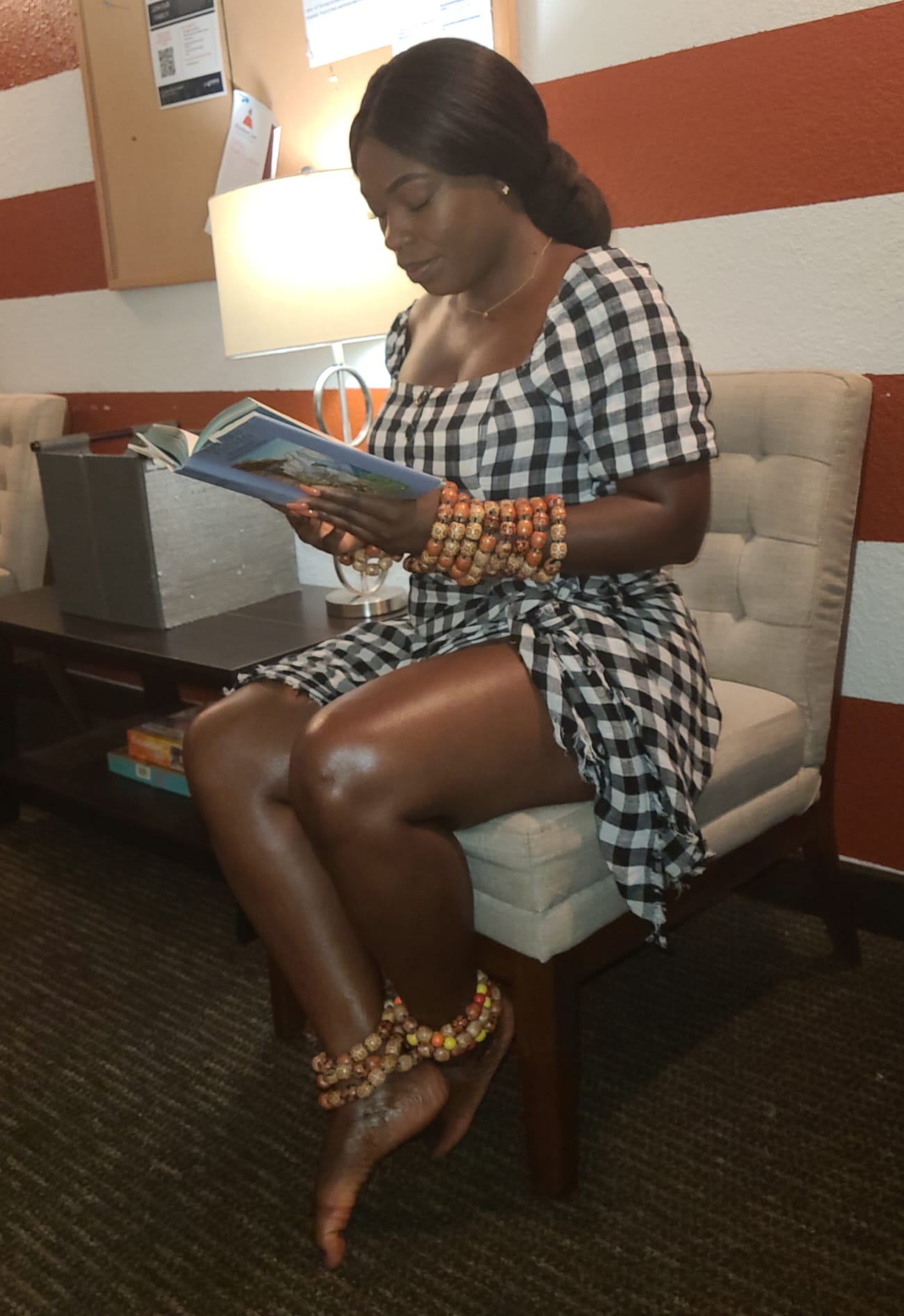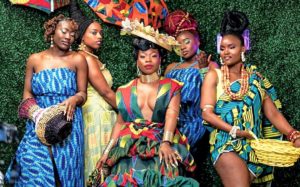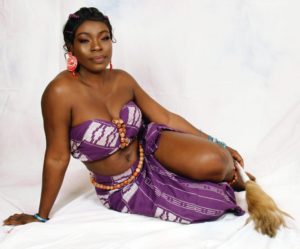
Rape is a form of violence where sex is used as a weapon. Rape is a forced act by any person, regardless of the person’s relationship with the victim. Rape occurs when a person has sex with someone who does not consent or force it. We can also describe rape as a process of violence, force and control. There are many cases of rape in Africa; sadly, most of them are not reported to the police because of the emotional trauma and the fact that the rapist is a relative of the victim and if they are reported, they may retaliate. In the United States, African-American women share the same risk of rape.
In contrast, Native American women may be a higher threat, and Asian American women may be in less danger from or due to discriminatory consent to report rape. Although women of all ages are raped, the significant hazard arises in their teenagers and soon in their twenties. In addition, incidents of rape are associated with high levels of alcohol and sexual activity with a partner.
Rape is an extensive problem in Africa. In Africa, rape and ravishment are the most common cause of death. More information on rape rates is related to men who rape women. Nigeria has also seen an enhancement in sexual violence during displacement. Two happened recently, in which young women were sexually violated and murdered.
Photographer Sarah Mudgli, 37 years old, a mother of two who lives in the big city of Nigeria, is still recovering from the trauma of the rape that happened ten years ago. She told the BBC Africa Women’s Affairs journalist Esther Akilo Ogula about her grief. “During the 2010 FIFA World Cup in Africa, I was abused by my ex-boyfriend. My ex-boyfriend physically and emotionally abused me for about 18 months before he dared to leave me. I had threatened to walk many times before but tried every time. He will be violent. He would kick me, sometimes strangle me and bite me. He kept threatening that if I dared to leave him, I would rape my daughters and kill them in front of me. He even scolded me once. I did not tell anyone because I was ashamed and embarrassed that I could not stand on my own. My divorce also separated me from my friends and family, weakened my self-confidence, and my ex-boyfriend reassured me that my friends and family didn’t care. I also believed that he would harm my children.”
Liberia also declares a national rape emergency. Most of the rapists in Liberia are men over 18 who know the victim. Most of the perpetrators are members of the community and, in some cases, close relatives of the victim. “The embarrassment from the rape violence’s by a community or family member prevented most victims from reporting the case,” the report said. The report also states that about 80% of all victims in Liberia were under 18, with at least five incidents occurring in less than five years. According to the report, children are unintentionally targeted: “Reports of child rape may be high because they are shocking. They are not affected by racist attitudes.
The culture of rape affects us all, regardless of gender, economic status, race, religion or age. Breaking it means leaving behind limited definitions of sex and sexuality, limiting a person’s right to express themselves and their feelings. I am Mz Menneh, and I strongly condemn this act. I urge the African government to prevent rape by taking steps such as those that play a crucial role in preventing domestic violence cases, focusing on challenges and shortcomings affecting government efforts. It provides policy recommendations on how the African government, non-governmental organizations, researchers, and donors can improve the performance of violence in Africa.





